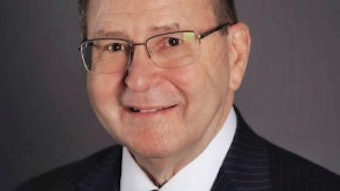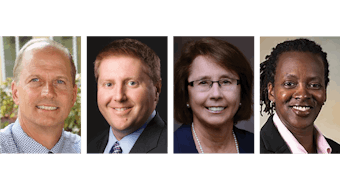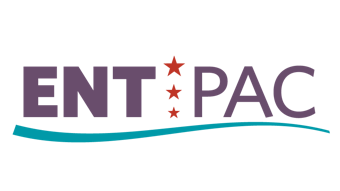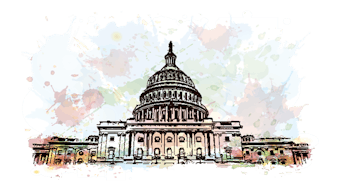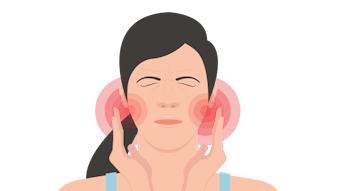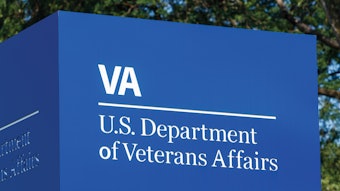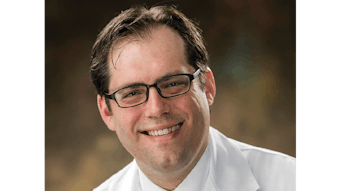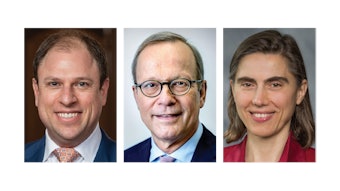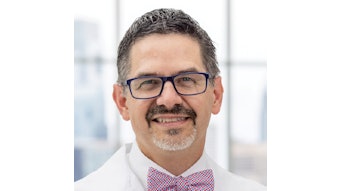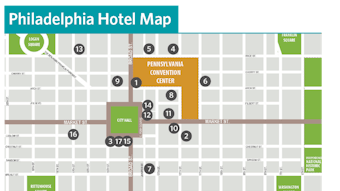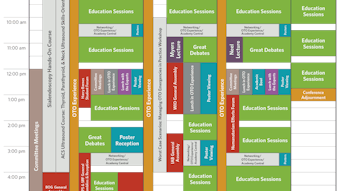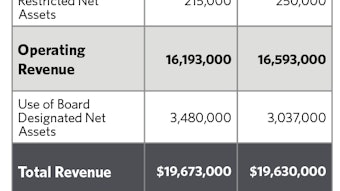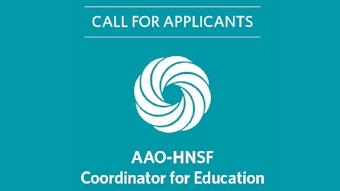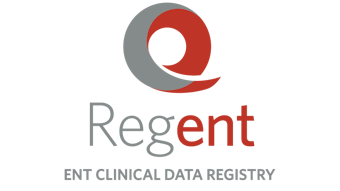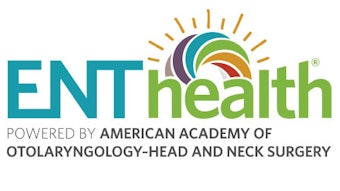OUT OF COMMITTEE: Diversity and Inclusion | Diverse Journeys to Otolaryngology
In this new series coordinated by the AAO-HNS Diversity and Inclusion Committee, three members share their personal stories about their journey to otolaryngology.
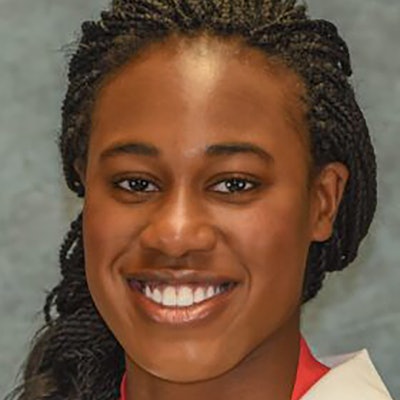 Nneoma S. Wamkpah, MD, MSCI
Nneoma S. Wamkpah, MD, MSCI
Resident Physician, Department of Otolaryngology-Head and Neck Surgery, Washington University in St. Louis, Missouri
The AAO-HNS Diversity and Inclusion Committee (DIC) hosted a webinar in May 2021 for prospective students,1 “Diverse Journeys to Otolaryngology,” in which I had the honorable opportunity to provide a resident’s perspective to applying for residency. In this article, I briefly recount my path to otolaryngology as well as provide three pearls of advice for students pursuing an otolaryngology residency.
My journey to otolaryngology predates medical school, from key lessons I learned from my parents. Growing up as a child of immigrants, I experienced secondhand as my parents strived to raise my siblings and me, work nights, and put themselves through nursing school. My parents engendered my internal motivation and helped me appreciate the importance of drive and dedication in pursuit of my goals. In medical school, after I chose to apply for otolaryngology residency, I ardently focused on ways to learn more and express my interest through multiple subinternships and a T32 Summer Research Training Program at Washington University. I credit the relationships formed with mentors along the way, combined with the efforts I put forth, as reasons for my match. To this day, I still draw on my mentors for advice and deeply appreciate them for supporting me through residency and my future career plans.
There are three keys to success that I hope to pass on to prospective applicants.
1) Know yourself. As you are putting together your application and preparing for residency interviews, take note of “deliverables,” i.e., what attributes you can bring to a residency program, and in turn, what important qualities you would like to gain from a program.
2) Get involved. Participate in events held by your local residency program and the AAO-HNS. For example, try to attend residency didactic sessions or apply for travel grants to attend the AAO-HNSF Annual Meeting & OTO Experience.
3) Identify mentors. Mentorship can occur in structured and unstructured formats2 and may require some initial effort to develop; however, a transparent relationship with an advocate in your corner is extremely helpful during the residency application process. Equally important is maintaining those relationships after matching. The Society of University Otolaryngologists-Head and Neck Surgeons has a list of faculty contacts,3 particularly for students who constitute underrepresented groups in medicine or who lack local otolaryngology residency programs.
I would like to thank Erynne A. Faucett, MD, current Chair of AAO-HNS DIC, for inviting me to participate on the “Diverse Journeys to Otolaryngology” panel. I encourage students to watch this webinar and to anticipate more content from the AAO-HNS DIC.
References
1. Medical Student Resources. American Academy of Otolaryngology-Head and Neck Surgery (AAO-HNS). https://www.entnet.org/get-involved/student-programs/medical-student-resources/. Published January 25, 2022. Accessed February 28, 2022.
2. Ahmadmehrabi S, Farlow JL, Wamkpah NS et al. New age mentoring and disruptive innovation-navigating the uncharted with vision, purpose, and equity. JAMA Otolaryngol Head Neck Surg. 2021 Apr 1;147(4):389-394.
3. Diversity Liaisons - Society of University .. - suo-aado.org. https://suo-aado.org/page/DiversityLiaisons. Accessed February 28, 2022.
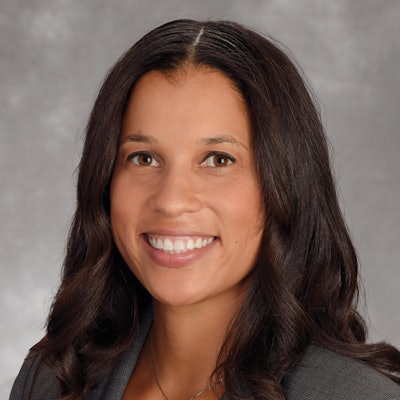 Erynne A. Faucett, MD
Erynne A. Faucett, MD
Chair, AAO-HNS Diversity and Inclusion Committee, Assistant Professor of Otolaryngology, Phoenix Children’s Hospital, Arizona
On reflection of my personal journey into otolaryngology-head and neck surgery, I immediately think of the monumental encounters of the many people with whom I have run into on my path as a physician, educator, and surgeon. My parents supported my drive to do whatever I wanted, and therefore I am a product of both—a physician and an educator. After playing basketball through college and coaching on the intercollegiate level, I decided to hang up my shoes and follow in my father’s footsteps to become a physician.
After completing a post-baccalaureate program to fulfill prerequisites, I matriculated into medical school. While there, I was directed into primary care so I could give back to my community; however, I realized late that I really enjoyed using my hands. At the end of my third year, I knew I wanted to become a surgeon. My only exposure to surgery at that time had been general surgery, and therefore that was the specialty I chose. I ultimately started my general surgery residency at the University of Arizona-Tucson (UA).
My first rotation as an intern was otolaryngology-head and neck surgery under the new leadership of Alexander G. Chiu, MD. It was during this month that I learned all about the many intricacies of the specialty and complexities of the patients. I started to spend more time in the operating room with the faculty. I created opportunities during my night float rotations to offer an extra hand on cases running late.
During my second year as a general surgery resident, I continued my relationship with the otolaryngology-head and neck surgery faculty, and I was approached with a life-changing opportunity by Dr. Chiu—they were creating a residency program, and ultimately, I became the program’s first resident. As a resident, I started to venture into my other calling—an educator (following in my mother’s footsteps). From teaching medical students and helping pave the path for the future residents of the program, I reached out to leaders to help me become a physician-educator.
As I continue my journey, I have had mentors turned sponsors who have propelled me into opportunities that would not have been available to me otherwise. I continue to be thankful for these individuals as I continue through my academic career. I hope that I can be as monumental in the journeys of those who come behind me.
 Rodney J. Taylor, MD, MSPH
Rodney J. Taylor, MD, MSPH
Professor, Chair of Otorhinolaryngology-Head and Neck Surgery, University of Maryland Medical Center, Baltimore, Maryland
When contemplating my personal journey into otolaryngology, I immediately focus on my parents’ contributions. As the youngest of two boys just a year apart, my parents struggled for my brother and me to attend private schools, which in our inner-city Philadelphia neighborhood was a doorway into opportunities not otherwise available. In that environment, there were many individuals committed to advancing my education and fostering in me a confidence in learning. Great high school mentors facilitated my enrollment into Harvard College and subsequent mentors into Harvard Medical School (HMS).
Early in medical school, I met an upper-class peer-mentor from the underrepresented community, Charles M. Boyd, MD, who not only was the key to my discovering otolaryngology, as importantly he demonstrated what a strong otolaryngology applicant looked like. Once exposed to the specialty, I was drawn in by the wonderful breadth and complexities.
Subsequently, I learned the value of a champion and sponsor when I met Marshall Strome, MD. One HMS faculty advised me to take a year off for more otolaryngology-specific research; the financial realities of that advice was distressing. Instead, Dr. Strome assured me that I was match-ready, and that I should focus on six-year research-integrated programs that would prepare me for an academic career.
During my training, there was a trove of peer and senior mentors who shaped me. The unifying importance of their support resulted in my developing a deep sense of assurance and encouragement that I was more than able to have my dreams realized. The outcome has been a career that is deeply fulfilling. If I can advise a prospective student, especially someone from an underrepresented community like me, it would be to protect your confidence and seek answers to processes and unanswered questions to inform your understanding of the rich possibilities. My experience convinces me that there are many who are energized to lend their time and influence to propel young careers.
